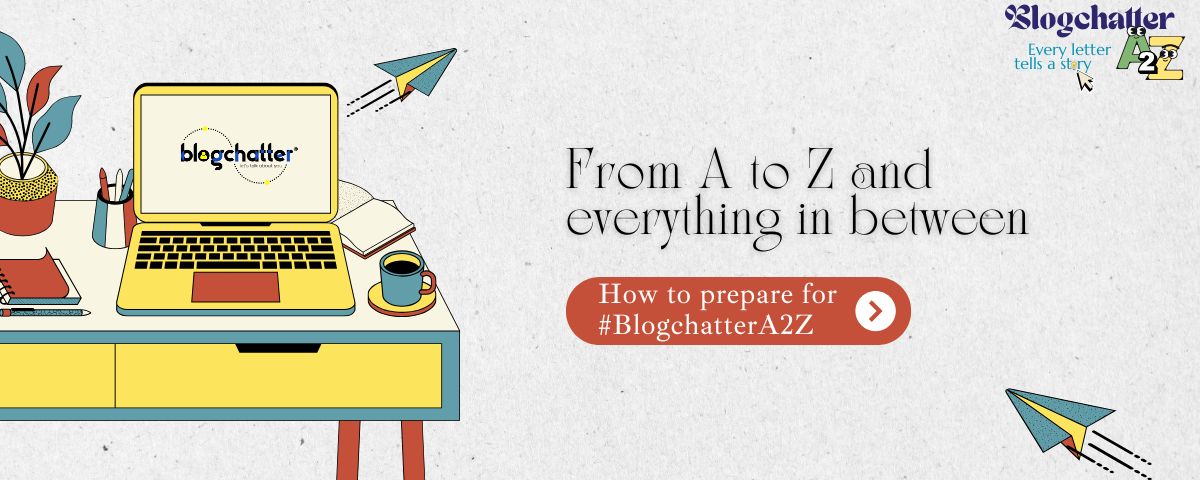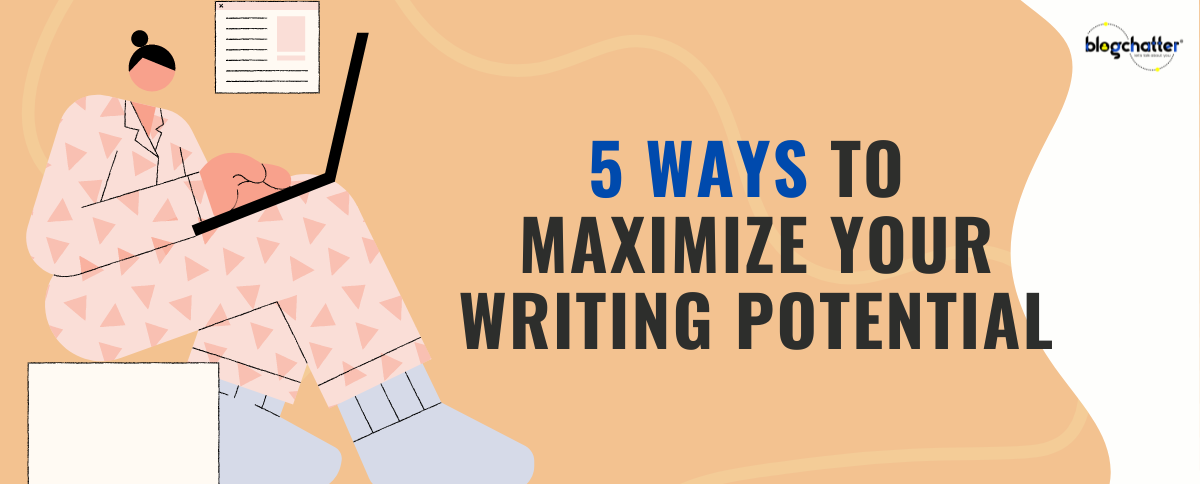‘It’s none of their business that you have to learn how to write. Let them think you were born that way.’ – Ernest Hemingway
Writing is an exciting yet tough job. Interestingly, everyone except a writer thinks that it’s easy. Some people simply refuse to accept that it’s a real job!
I believe that Creative Writing is something that cannot be taught. You learn it and polish it yourself through various ways.
Recently, I wrote a fan-fiction (Me Before You – alternate ending). I often thought about ‘what ifs’ and its alternate endings but I wrote it after I watched the movie. And, I realized that having the visuals in my mind helped.
Research shows that our brain processes images/visuals better than they process words. So, here I’m pointing out some key elements of writing that can be enriched by watching movies.
Story Ideas
Ideas are like seeds. Your story cannot grow without ideas.
So, how do you get ideas? Two things help – keen observation and patient listening. These traits are active altogether when you are watching a movie.
Getting story ideas doesn’t really mean getting the whole story or copying something. Even a certain flash, or conversation, behavior of a character or even the setting can strike an idea. If you are a writer, you certainly know how to spin a yarn, taking even small things as prompts.
Character Ideas
It’s important yet difficult to get the idea about the features, profession, flaws or traits of the characters. Movies can help you getting these ideas. Not just the protagonists, sometimes even an insignificant character appeals.
Namrata M, writer of Metro Diaries (and contributor to several anthologies), an editor and book blogger says, ‘I have been inspired by movies for characterization in terms of physical description, habits or nature and even names. I find easier to write when I can visualize the characters through the movie.’
The Dialogue Delivery
Have you ever read a book that’s too descriptive with minimal dialogues? Did you enjoy that? No, I guess. Conversation is important – in our real life and in fiction too. Dialogues should be realistic and they must carry the story forward or reveal something about the characters/situations.
New writers often end up writing too many or unrealistic dialogues. Movies help you to understand the importance, limitations and the correct tone of the dialogues.
Body Language and Activities
When we converse, we don’t just converse, do we? Sitting still and say things? Well, fiction is no different. The rich visuals of movies can give you a fair idea of the body languages of the characters – their expressions and how the expressions change with certain dialogues/events; their gestures, what they are doing while they talk. All things are significant for your writing. They make it more vibrant and relatable.
The Setting
Every reader loves beautiful language. But is it – the beauty of the language – enough? A book might fail to hold your interest if the beautiful prose doesn’t create lovely imageries.
Reading a story that doesn’t create beautiful/vibrant imagery is like travelling to an arid place without witnessing any scenic views. Movies can be a helpful tool to get the understanding of the setting – the location, the surroundings, cultures and events. My book, We Will Meet Again features three cities – Delhi, Mumbai and Jalandhar. I have never been to Mumbai and Jalandhar. It has some significant scenes from an office as a workplace. I have never worked in any kind of office. So, you see – it helps.
So, has any movie helped you as a writer? Have you got any ideas from any movie?






